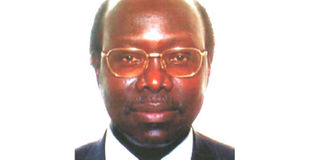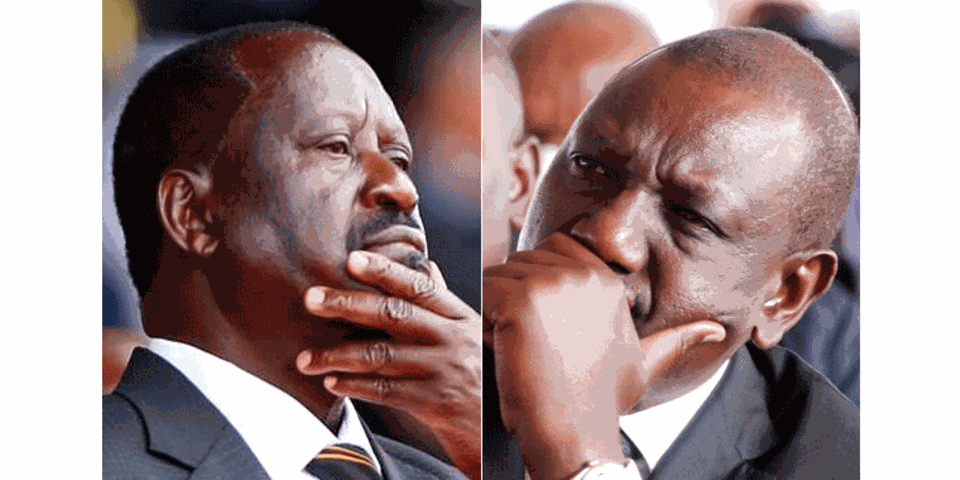Prime
What’s at stake as Kenya prepares for August polls

What you need to know:
- The hustler versus dynasty narrative is a recipe for disaster and should be discouraged for the sake of peace.
Our brothers and sisters of the Republic of Kenya go to the polls in three months’ time on August 9, which coincides with the birthday of the mother of my son Matthew Acemah. In anticipation of the victory of my preferred presidential candidate in Kenya’s elections, I have purchased two bottles of vintage champagne to celebrate two events on that momentous day.
About 22 million Kenyan voters will on August 9 elect a new president, deputy president, members of parliament (MPs), members of senate, 47 county governors and hundreds of members of county assemblies.
ALSO READ: Raila to Ruto: We know the real thief
The two leading contenders for the presidential race to succeed outgoing president Uhuru Kenyatta are deputy president William Samoei arap Ruto of United Democratic Alliance (UDA), and former prime minister Raila Amolo Odinga of Azimio la Umoja One Kenya Coalition party.
Ruto and Odinga are expected to name their running mates by May 16, at the latest. Both presidential candidates were previously allies who belonged to the Orange Democratic Movement, but fell out rather badly, which has raised the stakes in the forthcoming elections.
Kenya’s neighbours, especially Uganda and Rwanda, and friends of the country hope this year’s elections will be genuinely free, fair, credible and peaceful and not be a repeat of what happened at the 2007 elections whose aftermath was untold violence and bloodshed in which hundreds of Kenyans suffered serious bodily injuries and lost their lives. The legacy of that election is an ongoing case at the ICC.
In order to avoid another post-election violence, Independent Electoral and Boundaries Commission (IEBC) and Kenya police must play a professional and impartial role and not appear to favour any political party or candidate.
Like the Electoral Commission of Uganda and Uganda police, IEBC and Kenya police are widely distrusted, especially by the youth who are the majority of the electorate. The credibility and political independence of IEBC must be unquestionable to guarantee free, fair and peaceful elections.
Politicians, especially the presidential candidates, must address the burning issues which affect Kenya, such as, corruption, poverty, disease, youth unemployment and the quest for gender equality and avoid making inflammatory speeches which can ignite ethnic conflict.
The hustler versus dynasty narrative is a recipe for disaster and should be discouraged for the sake of peace and security in Kenya and East Africa. If things fall apart again, as happened in 2007 and 2008, wananchi will be the biggest losers. Kenya and all Kenyans deserve a lot better.
According to reliable sources, Kenya’s 2022 election will be the most expensive in Africa. The number of polling stations has been increased from 40,883 in 2017 to 53,300 this year. IEBC has been allocated a sum of $390m to conduct the elections. IEBC must be seen to perform its duties professionally and impartially and deliver genuinely free, fair and credible elections. Kenya’s partner states of the East African Community should play a constructive and positive role and avoid taking sides in the forthcoming elections. I hope the AU, UN and Commonwealth will do likewise.
I predict that Mr Odinga, who enjoys full support of outgoing president Kenyatta and his Jubilee party, will win hands down and emerge victorious, and be sworn in as Kenya’s fifth president.
I wish the people of Kenya genuinely free, fair, credible and peaceful elections. Uhuru na Umoja.
Mr Acemah is a political scientist and retired career diplomat.




